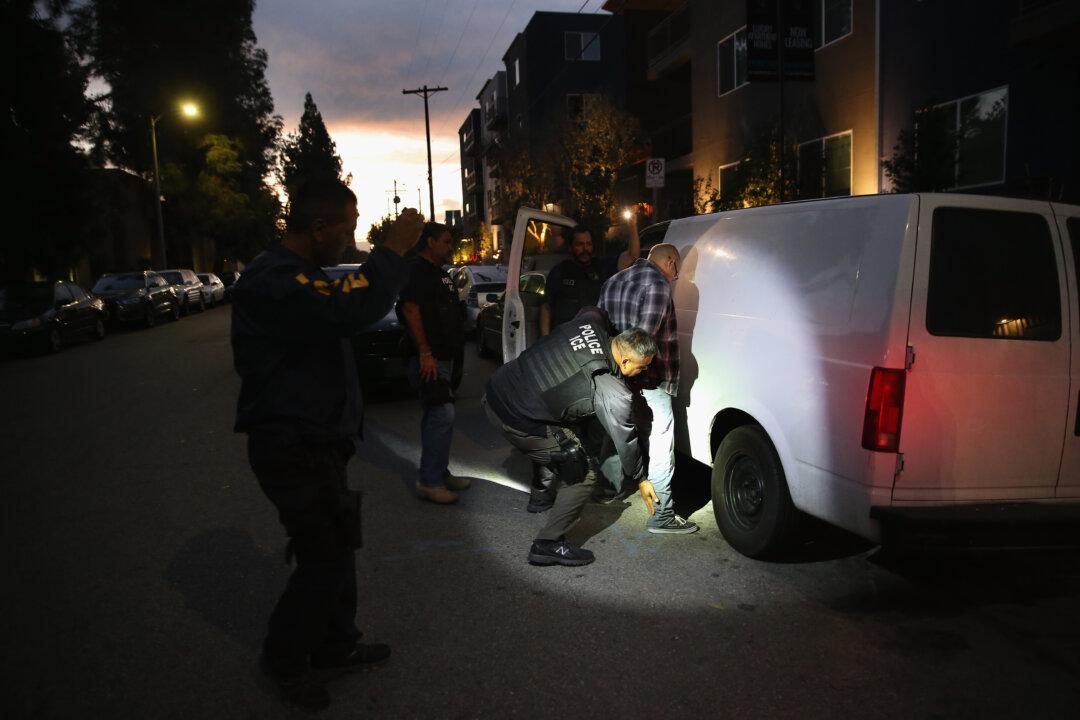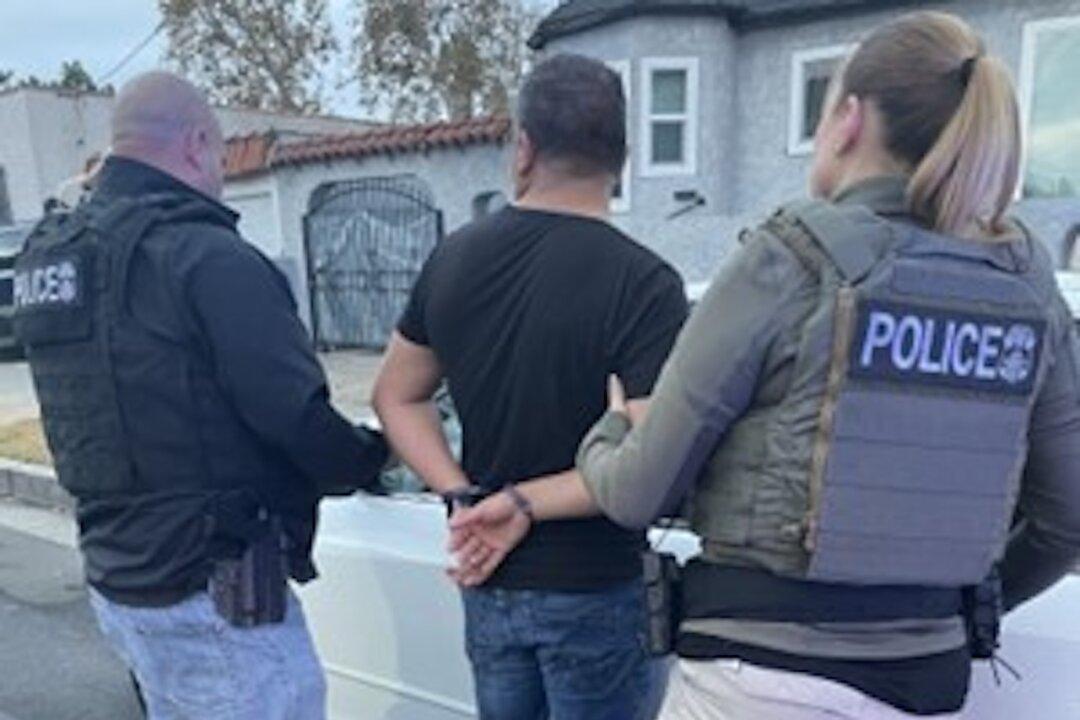Bleeding Control Kits will be distributed to more than 6,400 houses of worship in New Jersey to improve survival for victims if an active shooter incident occurs, the NJ Office of Homeland Security and Preparedness (NJOHSP) recently announced.
The NJOHSP indicated that mass gathering locations remain an attractive target for domestic extremists, and houses of worship are especially vulnerable as there is easy access and limited security and other protective measures are not in place.





